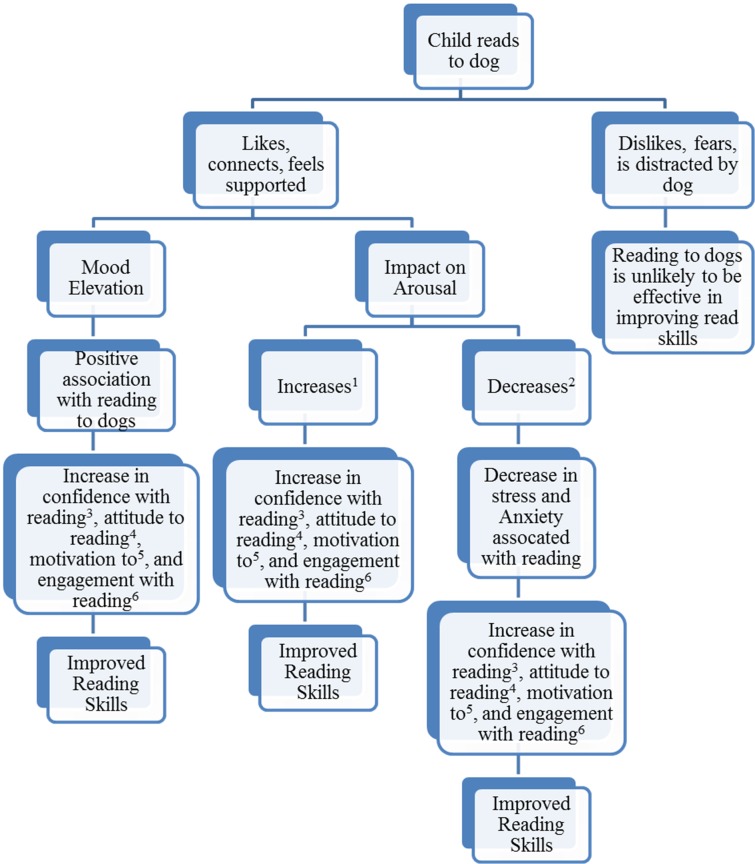Fig 2. An Illustration of how Reading to a Dog may Influence Reading Performance.
1Increased arousal can heighten cognitive performance on some tasks [64, 65]. Whether increased our decreased arousal results in optimal performance is typically determined by the individual and the nature of the task (see Individual Zone of Optimal Functioning) [66, 67] 2Reading anxiety (over-arousal) can impair children’s reading performance in the classroom [12] by negatively impacting on cognitive processes involved in reading, including problem-solving and self-regulation [68, 69]. 3 A reader’s self-concept or confidence in their reading ability determines reading practices [70], by influencing the amount of time and the degree of effort which is put into reading [71]. There is a positive relationship between reading self-concept and reading achievement [72, 73]. The dynamics of the relationship between self-concept and achievement is still debated it is thought to be reciprocal, with greater achievement raising student’s self-concept, as well as higher self-concept leading to improved academic achievements [74]. 4There is an association between reading attitudes and reading performance in children, with those who have a positive attitude doing better in reading tests than those who have a negative attitude [75, 76]. Attitudes towards reading are thought to influence attainment by determining reading behaviours (e.g. frequency of reading) [70]. 5In reading studies motivation is often discussed in terms of intrinsic motivation (motivated from within; e.g., curiosity to read, enjoyment of the experience) and extrinsic (motivated by external factors; e.g., to get a good grade) [77, 78]. Although both factors are thought to play in role in influencing reading behaviours, intrinsic motivation is thought to be the key determiner [78–80]. 6Engagement in reading is often associated with motivation. According to Guthrie and Wigfield [81] reading motivation is an interaction with text that is both motivated and strategic, engaged reading is related to reading comprehension success, and engaged reading can be improved by instructional practices that use motivational and cognitive strategies.

